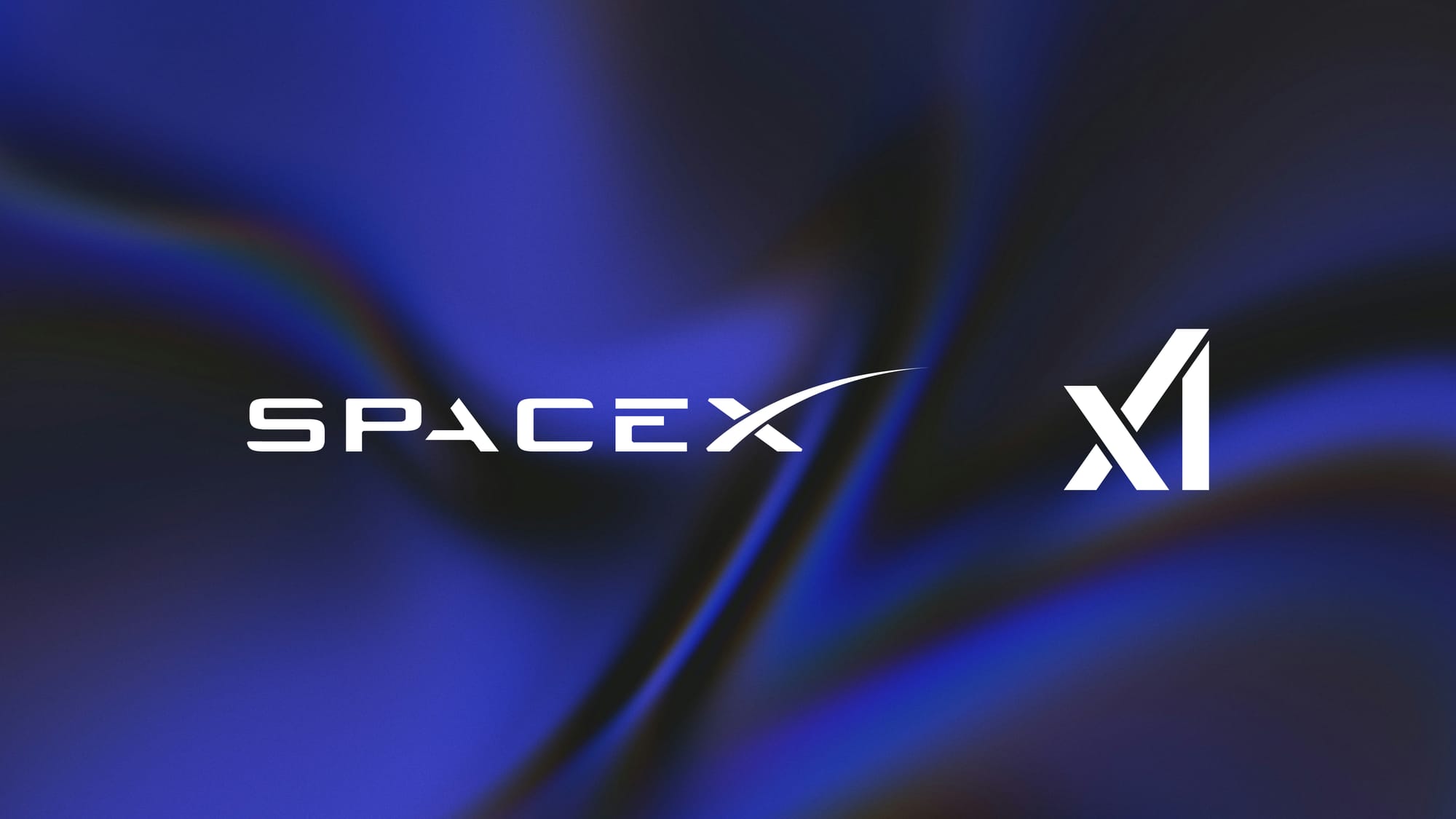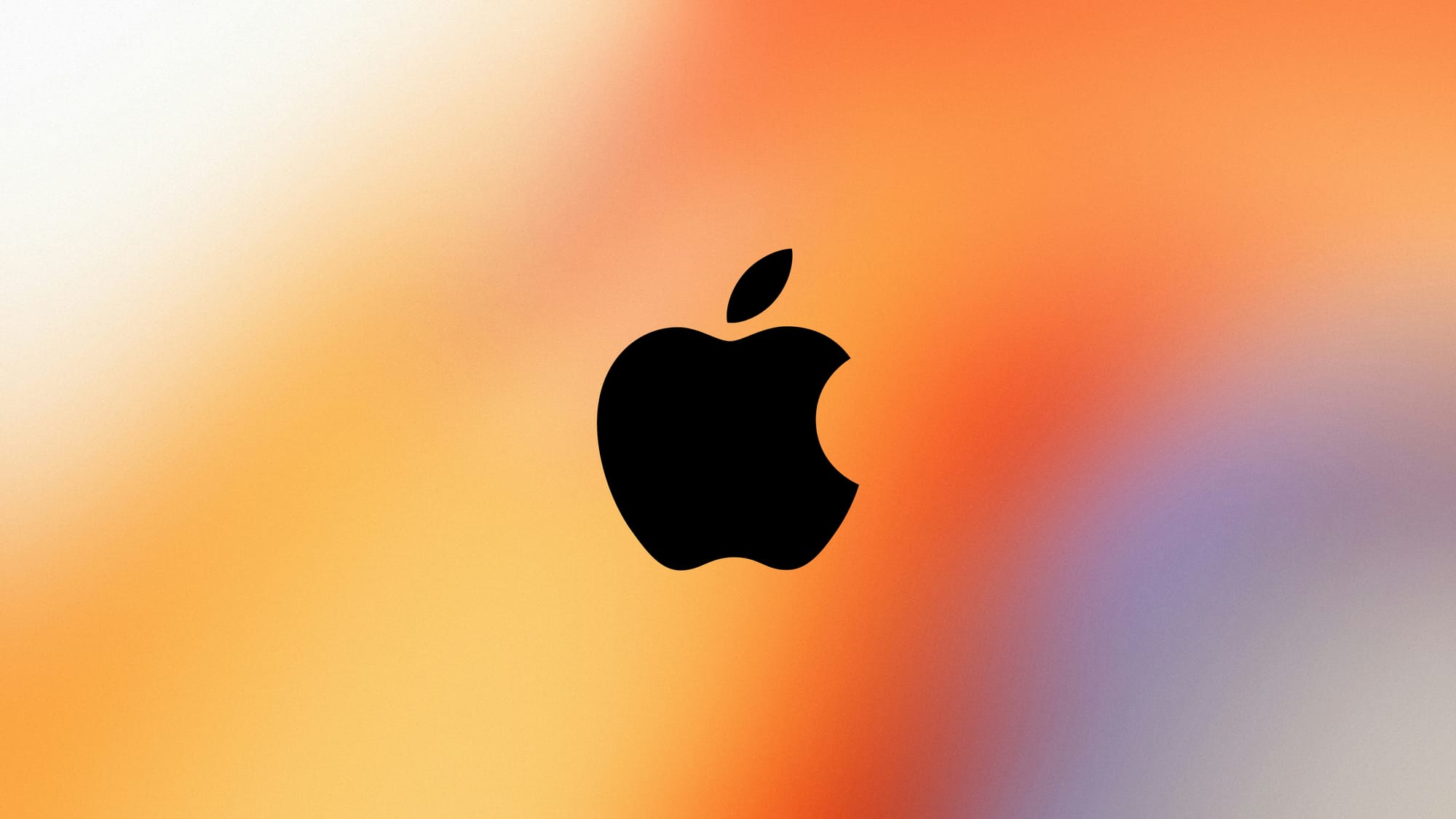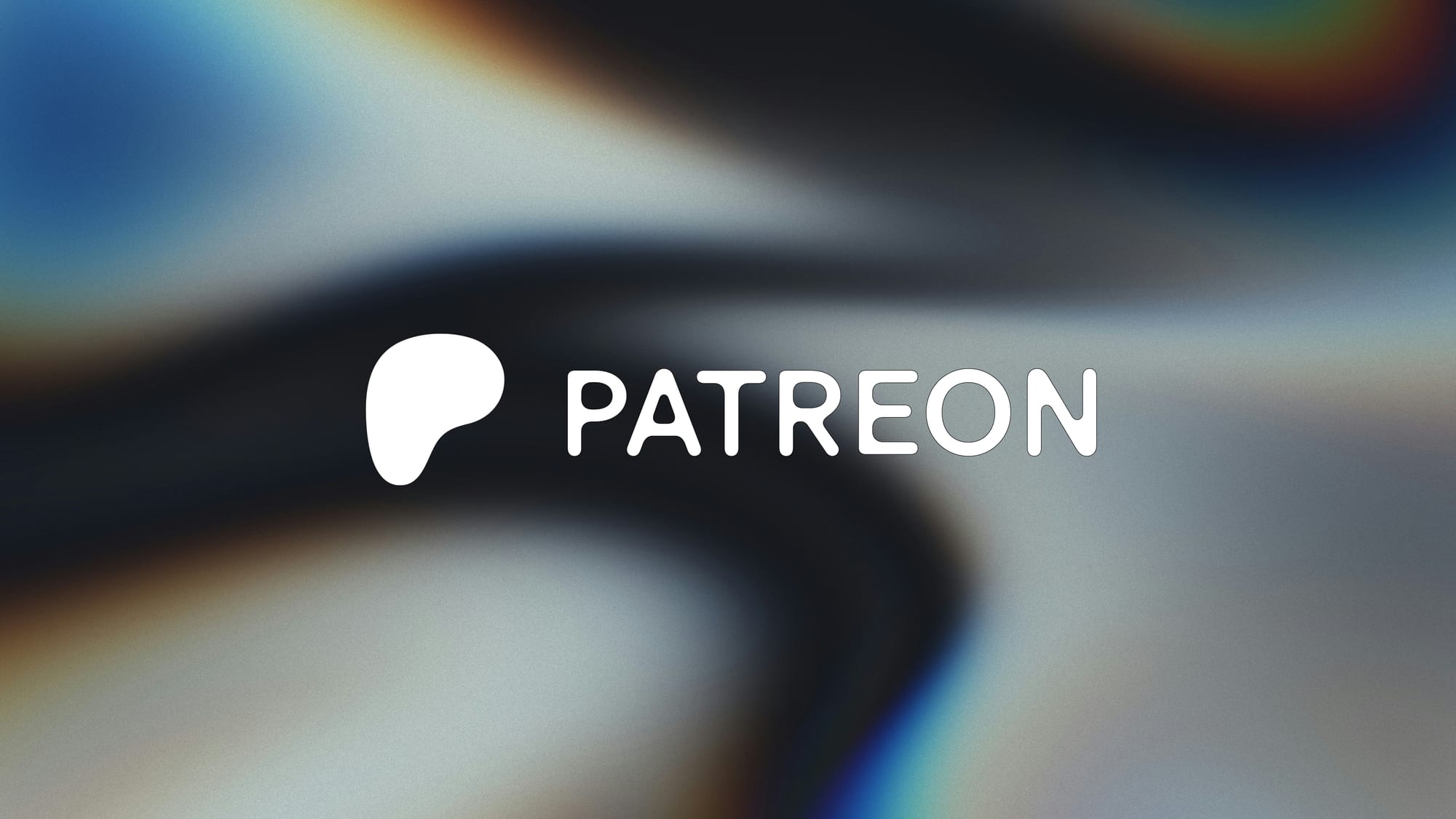In 2025, a new phrase is sending shivers through boardrooms and publisher offices alike: Google Zero. It’s not a bug or a hack—it’s the seismic evolution of Google Search toward a future where users get what they want directly from Google’s AI-powered answers, bypassing the open web entirely. Is this the end of the line for traffic-driven business models—or a wake-up call for a smarter digital strategy?
The Google Zero Phenomenon: What’s Really Happening?
Coined by The Verge’s Nilay Patel and echoed by analysts, "Google Zero" refers to the point at which Google no longer sends meaningful traffic to third-party websites. Once, Google was a gateway. Increasingly, it’s becoming a destination unto itself, with AI-generated summaries (AI Overviews) answering users’ queries right on the results page.
Recent studies show nearly 60% of Google searches in the US now end without a single click, a phenomenon called “zero-click search.” In fact, for every 1,000 Google searches, only 360 result in a click to an independent website—down sharply over recent years. The rest? Users either find what they need instantly or stay within Google’s ever-expanding ecosystem (YouTube, Maps, Shopping, etc.).
“Traditional business moats are being disrupted. The company launched AI Overviews in May of last year—they sit above many Google search results.”
— Mary Meeker, Bond Capital analyst.
Winners, Losers, and What’s at Stake
Who loses in a Google Zero world? Publishers, bloggers, and brands that rely on organic search for audience growth and revenue. Major outlets such as Business Insider and the Washington Post have seen traffic from Google drop by nearly half—a number that stings even more for small businesses.
“For many publishers, the assumption now is that the day in which no traffic comes from Google is fast approaching and they need to react with business model adaptations. That’s not a doomsday plan—it’s a working scenario.”
— Neil Vogel, CEO, Dotdash Meredith.
Meanwhile, Google’s own advertising juggernaut rolls on—AI Overviews now include ad slots, further reducing visibility for unpaid results. Almost 30% of clicks now flow to Google-owned properties, reinforcing concerns about monopoly power and market dominance.
How US Businesses Should Respond
It’s not all doom and gloom, but adaptation is urgent:
- Prioritize zero-click content: Create on-SERP value—think instant answers, FAQs, and branded presence in Google’s own spaces.
- Diversify traffic sources: Invest in direct channels like newsletters, social platforms, and community-building.
- Rethink ROI: Don’t measure only by clicks; brand impressions within search results matter now more than ever.
- Prepare for regulation: Watch for renewed antitrust scrutiny and evolving digital marketplace rules.
Ending: The Road Ahead
Google Zero is forcing a reinvention of digital strategy. There’s still immense value in search, but the rules have changed. Businesses that see Google as a partner, not just a pipeline, will adapt best.
The web’s open future depends on it.
“We are entering the ‘Google Zero’ paradigm—a world where AI-powered search provides summaries… may not even reference the original sources of the underlying content.”
— Liz Reid, Head of Search at Google














Discussion